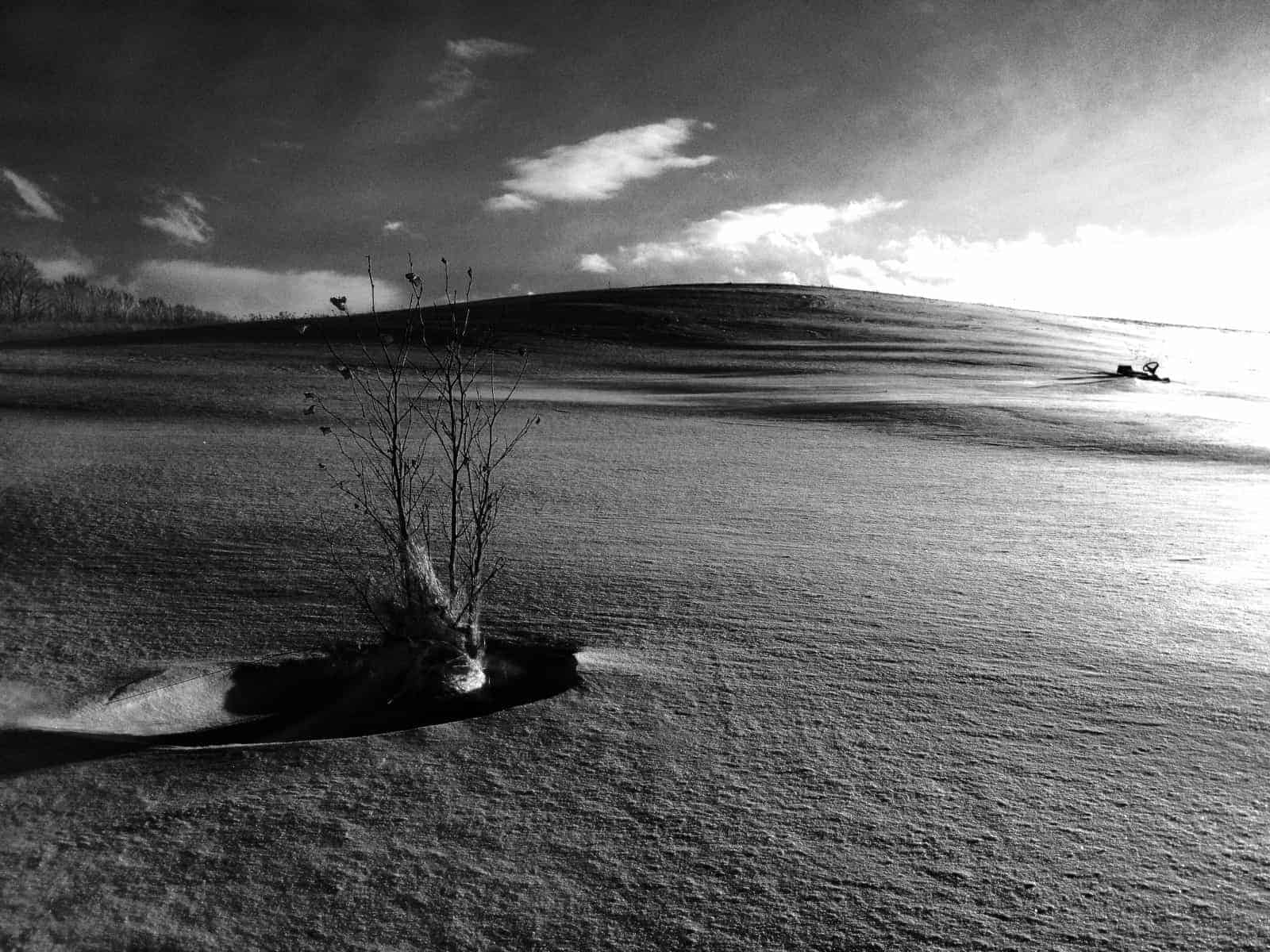- About
- Research
-
-
- Special Reports & Features
- Pretendians and Publications: The Problem and Solutions to Redface Research
- Pinasunniq: Reflections on a Northern Indigenous Economy
- From Risk to Resilience: Indigenous Alternatives to Climate Risk Assessment in Canada
- Twenty-Five Years of Gladue: Indigenous ‘Over-Incarceration’ & the Failure of the Criminal Justice System on the Grand River
- Calls to Action Accountability: A 2023 Status Update on Reconciliation
- Data Colonialism in Canada’s Chemical Valley
- Bad Forecast: The Illusion of Indigenous Inclusion and Representation in Climate Adaptation Plans in Canada
- Indigenous Food Sovereignty in Ontario: A Study of Exclusion at the Ministry of Agriculture, Food & Rural Affairs
- Indigenous Land-Based Education in Theory & Practice
- Between Membership & Belonging: Life Under Section 10 of the Indian Act
- Redwashing Extraction: Indigenous Relations at Canada’s Big Five Banks
- Treaty Interpretation in the Age of Restoule
- A Culture of Exploitation: “Reconciliation” and the Institutions of Canadian Art
- Bill C-92: An Act respecting First Nations, Inuit, and Métis Children, Youth and Families
- COVID-19, the Numbered Treaties & the Politics of Life
- The Rise of the First Nations Land Management Regime: A Critical Analysis
- The UN Declaration on the Rights of Indigenous Peoples in Canada: Lessons from B.C.
- View all reports.
- Special Reports & Features
-
-
- Yellowhead School
- The Treaty Map
- LIBRARY
- Submissions
- Donate
My name is Conor Kerr. I was raised in the Qu’Appelle Valley in Southern Saskatchewan and have called Edmonton home since I started University. I belong to the Métis communities of Fort des Prairies (Edmonton) and Lac Ste. Anne, where my family and ancestors have lived for generations. I’m a registered harvester with the Provincial Government through the Lac Ste. Anne community and a member of the Métis Nation of Alberta. I write this brief introduction to position myself in the discussion that follows on the recent turmoil regarding Métis identity and politics.
Emergence of the “Self-Made” Métis
For those paying any attention to Métis politics, the ongoing, national conversation around Métis identity has emerged as an enduring feature. Métis (and non-Métis) academics, writers, and intellectuals such as Chelsea Vowel, Darryl Leroux, Jean Teillet, Adam Gaudry, and Chris Andersen have been pushing back on the common stereotype of “Métis -as-mixed,” which asserts that anyone with an Indigenous ancestor can claim to be Métis. But as Darryl Leroux summarizes, “What makes the Métis an Indigenous people…is the development of their own political institutions, linguistic practices, and cultural forms that depended on ongoing kinship relations with Cree, Saulteaux, Assiniboine, and Dene peoples.”
More, Adam Gaudry and Leroux write in a 2018 Macleans article that ‘race-shifting’ explains the surge in the number of Métis in Eastern Canada and ushers in a practice of settler self-indigenization.
Because of that common stereotype of Métis -as-mixed, settlers confused about Indigeneity often legitimize these kinds of claims via legal, political or discursive recognition.
As a Métis educator and storyteller, I have given countless guest lectures, public talks, and professional development sessions around Métis Peoples and their history and culture. After the Q&A wraps up I’ll often be approached by someone who tells me that they too are Métis because their “great-great grandmother was Cree.” I’m a direct person, so I usually say, “no, that means that your great-great grandmother was Cree.” After a conversation, it is my hope that they leave no longer claiming to be Métis because of a Cree ancestor.
As someone who was raised within a Métis household that celebrated our distinct heritage, culture and values I don’t want to diminish my grandmother and auntie’s stories by avoiding those discussions.
Timeline of a Feud
All of this context is important because self-indigenization is moving beyond the individual with a Cree great-great grandmother into our politics. This has revolved around the validity of Métis registration processes among Métis organizations.
In 2002, the Métis National Council, which consists of the Métis Nation of Alberta (MNA), Métis Nation of Ontario (MNO), Métis Nation of Saskatchewan (MNS), Manitoba Métis Federation (MMF) and the Métis Nation of BC (MNBC) adopted by consensus a National Definition for Citizenship. This document laid out a criteria with five components that must be met for an individual to be a registered citizen through one of the provincial organizations. The document included a map of Métis Homelands as well.
Years later, in August of 2017, the Métis Nation of Ontario and the Province of Ontario announced the recognition of six “historic” Métis communities, five of which fall outside the MNC Homelands map.
Then in November of 2018, at the Métis National Council general assembly, the Métis Nation of Ontario was put on probation for one year for concerns that they failed to apply the citizenship criteria as outlined in the 2002 National Definition. The vote on the resolution was 29 in favour and 24 opposed.
MNS President Glen McCallum said that when MNS representatives moved and seconded the resolution to suspend the MNO, it wasn’t to condemn, but to provide MNO with an opportunity to present its full registry information to the general assembly.
Ultimately, the review of the MNO never took place. Nonetheless, earlier this year, the Métis National Council delivered a letter stating that the Métis Nation of Ontario was suspended. Coincidentally or conveniently, this letter was delivered four days after the MNA, MNS and MNO held a meeting in Edmonton that established a Tri-council between the three groups. I remember seeing the announcement as I scrolled through Instagram. My first thought was, why is the MNA supporting the MNO?
The Confusing Position of the Métis Nation of Alberta
The suspension was greeted with immediate uproar. Audrey Poitras, president of the MNA, stated that the MNC does not have the authority to suspend anyone and refused to accept the decision.
Poitras served a term as Interim President of the MNC when the Powley decision was announced. She has also run for president in multiple MNC elections, including the controversial 2014 election where Clem Chartier won by the margin of 1 vote, 28-27. This is important because there is yet another election on the horizon this Spring. And if the MNC’s decision to suspend the MNO is upheld, the MNO cannot participate in the General Assembly and the future of the MNC will be shaped by a tag team match-up. MMF & MBC (who support the MNC at the moment) vs. the MNS and the MNA, who are critical.
As this conflict continues to unfold, it threatens to devolve into a full-on royal rumble.
Last month the MNA addressed its citizens in a letter intended to address the ongoing feud and defend their position. An accompanying factsheet states that “There is only one Métis Nation. We are a distinct Indigenous people that were born in the historic Northwest. We have our own shared history, language, culture, laws as well as a special relationship to the land as well as other Indigenous peoples in our Homeland.”
The MNA is intentionally vague here on what it sees as the Métis Nation Motherland. In the factsheet they note that “the MNA has made no decision about whether some or all of the Métis communities identified by the MNO are a part of the historic Homeland or the modern day Métis Nation.” Though, confusingly, the statement does note “….that the Métis community recognized in Powley is not a part of us” (that decision recognized Métis hunting rights in the Sault Ste. Marie region in Ontario). Meanwhile, Audrey Poitras is quoted in Windspeaker saying, “she cannot understand how the Sault Ste. Marie region is not part of the map.”
So, which is it?
For their part, the MNO have also been less than clear in approach. MNO’s President Margaret Froh offered to present to the General Assembly their registration process, but she isn’t willing to have a committee from the MNC Board of Governor’s review it. She states that “she sees the MNC as outsiders because they would not be our registrars or people working for our registry.”
I’m not sure that’s a reasonable statement and I think that it’s fair to call into question the MNO’s registration process. The organization should be held accountable for the way it handles its accepting and recognizing new Métis.
Métis National Catastrophe
But all this being said, the challenges don’t end with confusion from the MNA and MNO. I don’t believe that any of the Métis political bodies are being completely honest with Métis Peoples. How can the MNC avoid a Board of Governors meetings for a full year? These should be held regularly and there should be better public and community engagement around the declaration of Métis registration and territory generally. That engagement process should involve Métis citizens, academics, thought leaders and honour our kinship connections to First Nations and involve them, too.
As a Métis Person I’m getting a bit sick of watching and reading about the ongoing political drama. The leaders have done great work on advancing the rights and self-governance of Métis Peoples over the course of their careers. But this latest feud feeds into the current state of settler hostility towards Indigenous Peoples. It also devalues and calls into question true Métis identity, which helps build the case for ‘Eastern Métis.’
I believe that the provincial organizations either need to dissolve the Métis National Council completely, or figure out a way to work together to address these issues. Maybe a reorganization of the governance structure that follows a traditional Métis model rather than a colonial one could help this process?
If they honestly want legitimate change, they need to take a stand and stick to it. It’s time for the elected leaders to put their political posturing aside and have a long look at Métis governance within our own communities and on a nation-to-nation scale with Canada.
If they can’t do that then maybe it’s time for the next generation of Métis leaders to step up.
Citation: Kerr, Conor. “A Metis Royal Rumble: IDentity, Politics and the Failure of our Leadership.” Yellowhead Institute, 10 March 2020, https://yellowheadinstitute.org/2020/03/10/a-metis-royal-rumble-identity-politics-the-failure-of-our-leadership/



